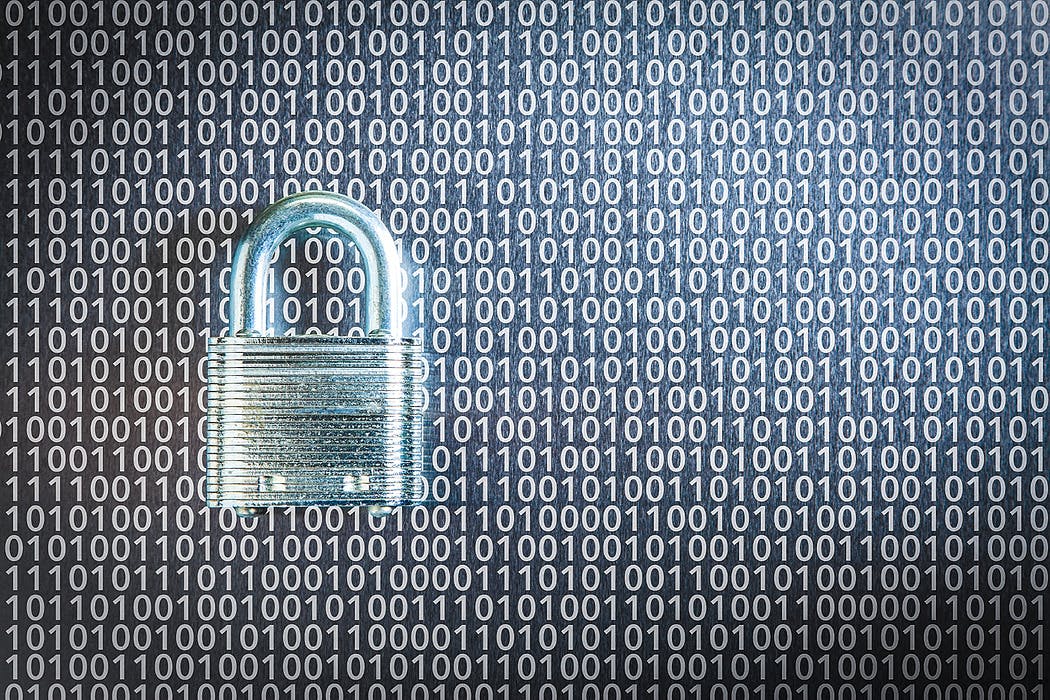3,667 reads
Is 128 Bit Encryption Enough?
by
February 13th, 2020
Dr. Lance Gutteridge (PhD in computability theory) Presently CTO of Formever Inc. (www.formever.org)
About Author
Dr. Lance Gutteridge (PhD in computability theory) Presently CTO of Formever Inc. (www.formever.org)
